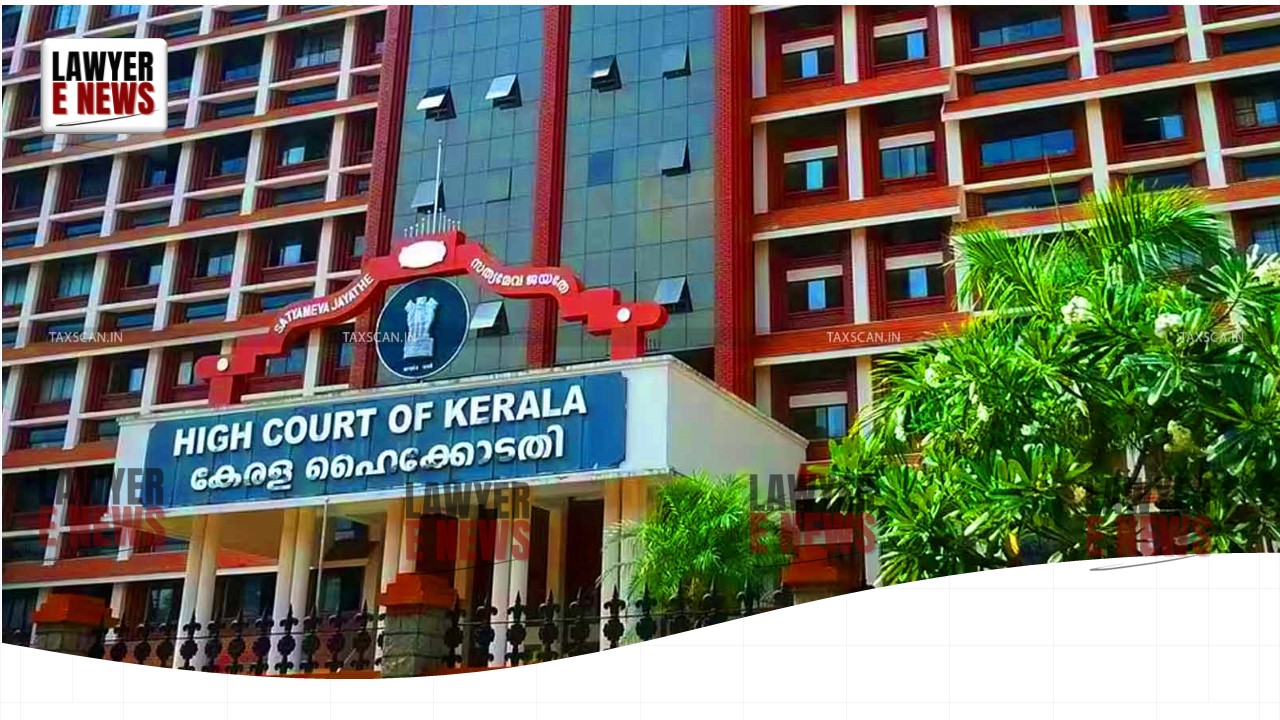-
by Admin
16 February 2026 1:47 PM



Subheadline: High Court emphasizes validity of permissions granted under revised building rules, dismissing multiple petitions against new church construction.
The Kerala High Court, presided over by Justice T.R. Ravi, has dismissed a series of writ petitions challenging the permissions granted for the construction of a new church in Thrissur. The petitioners questioned the validity and adherence to statutory requirements under the Kerala Panchayat Building Rules (KPBR) 2011 and 2019, specifically the necessity of a No Objection Certificate (NOC) from the District Collector. The court upheld the permissions, referencing recent amendments to the KPBR which removed the need for such NOCs.
The case revolved around permissions granted for constructing a new church by the Government of Kerala and local self-government bodies. Petitioners, including property owners adjacent to the proposed church site, argued that these permissions violated the KPBR 2011 and were granted without the required NOC from the District Collector. They also contended that subsequent amendments to KPBR 2019, which removed the NOC requirement, should not retroactively validate previously non-compliant permissions.
Application of Amendments – Retroactive Application:
The court focused on the retroactive application of amendments to KPBR 2019, which replaced KPBR 2011 and came into force on November 8, 2019. The amendments abolished the necessity for an NOC from the District Collector for religious building constructions, delegating the responsibility to the Panchayat. Justice T.R. Ravi noted that these changes were intended to streamline the permission process and minimize bureaucratic delays.
Judicial Discretion under Article 226:
The court deliberated the appropriateness of exercising writ jurisdiction under Article 226, given the statutory amendments. It concluded that there was no need for judicial interference, as the amendments addressed procedural lapses and ensured compliance with current legal requirements.
Credibility of Initial Permissions and Subsequent Amendments:
The court recognized that while initial permissions granted under KPBR 2011 may have lacked adherence to statutory requirements, the amendments in KPBR 2019 rectified these deficiencies. Justice T.R. Ravi emphasized, “The amendments to KPBR 2019 apply to pending permissions, making the new church construction compliant with current legal requirements.”
Justice T.R. Ravi stated, “The discretion under Article 226 shall not be exercised in cases where no purpose will be served by interfering with the impugned orders. The amendments to KPBR 2019 were aimed at reducing bureaucratic delays and ensuring that construction permissions are granted in a timely manner, in accordance with streamlined legal processes.”
The Kerala High Court’s dismissal of the writ petitions reinforces the judiciary’s commitment to uphold legal amendments aimed at simplifying administrative procedures. By affirming the permissions granted for the church’s construction under KPBR 2019, the judgment underscores the importance of current legal frameworks in ensuring compliance and streamlining bureaucratic processes. This decision is expected to influence future cases regarding the construction of religious buildings, promoting a more efficient and transparent permission system.
Date of Decision: July 19, 2024
